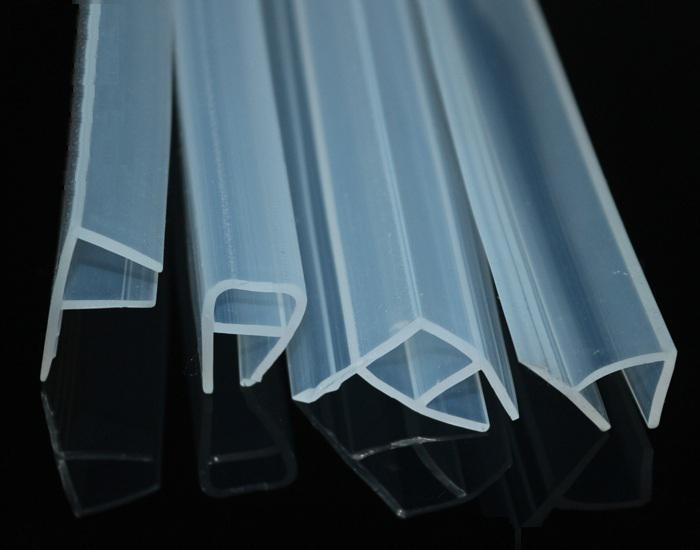Introduction:

Drainage systems play a crucial role in managing water flow, preventing flooding, and maintaining the structural integrity of infrastructures. High-density polyethylene (HDPE) pipes have emerged as a popular choice for constructing drainage channels due to their unmatched strength, durability, and adaptability. In this blog, we will delve into the world of HDPE pipes, exploring their benefits, applications, and how they contribute to efficient drainage systems worldwide.
1. Understanding HDPE Pipes:
HDPE pipes are made from high-density polyethylene, a thermoplastic polymer known for its exceptional strength and robustness. These pipes possess a high tensile strength, allowing them to withstand heavy loads and extreme environmental conditions. The material's flexibility ensures that HDPE pipes maintain their integrity without cracking or breaking, even in dynamic and shifting soil conditions.
2. Advantages of HDPE Pipes for Drainage Channels:
- High Chemical Resistance: HDPE pipes exhibit excellent resistance to a wide range of chemicals, making them ideal for carrying various types of wastewater and chemical effluents.
- Corrosion and Abrasion Resistance: Unlike metal pipes, HDPE pipes are immune to corrosion, ensuring a longer lifespan. Their smooth surface also minimizes the risk of scaling and buildup, thus reducing maintenance requirements.
- Lightweight and Easy Installation: HDPE pipes are significantly lighter than traditional drainage materials, making transportation and installation hassle-free. Their flexible nature enables easy bending and positioning, reducing the need for additional fittings.
- Leakage-Free Joints: HDPE pipes can be fused together using heat fusion techniques, leading to seamless, leak-free joints. This eliminates the risk of water seepage and ensures the uninterrupted flow of wastewater.
- Longevity: HDPE pipes have an estimated lifespan of 50 to 100 years, making them a reliable and cost-effective choice for drainage channel construction.
3. Applications of HDPE Pipes in Drainage Systems:
- Urban Drainage: HDPE pipes form the backbone of efficient urban drainage networks. They effectively transport stormwater, preventing flooding and protecting infrastructure and public spaces.
- Industrial Wastewater Management: HDPE pipes are extensively used in industries to convey chemical effluents, wastewater, and hazardous materials. Their chemical resistance and durability make them a preferred choice for this challenging application.
- Agriculture and Landfills: HDPE pipes are utilized in agricultural projects, such as irrigation and drainage systems. They play a crucial role in directing excess water away from crops and fields. Furthermore, HDPE pipes are also commonly used in landfill leachate collection systems, efficiently managing the flow of wastewater from landfills.
4. Environmental Sustainability:
In addition to their functional benefits, HDPE pipes contribute to environmental sustainability. These pipes are 100% recyclable, reducing the strain on natural resources and promoting a circular economy. Furthermore, their exceptional durability minimizes the need for frequent replacements, resulting in fewer overall resources used for drainage infrastructure over time.
Conclusion:
HDPE pipes have become indispensable in modern drainage systems due to their exceptional strength, durability, and adaptability. They provide numerous advantages over traditional materials, including chemical resistance, corrosion resistance, and easy installation. HDPE pipes find applications in various sectors, from urban drainage to industrial wastewater management and agriculture. Lastly, their recyclability and long lifespan make them an environmentally responsible choice. When it comes to constructing efficient drainage channels, HDPE pipes are the go-to option, ensuring smooth water flow and safeguarding infrastructures from potential damages.
